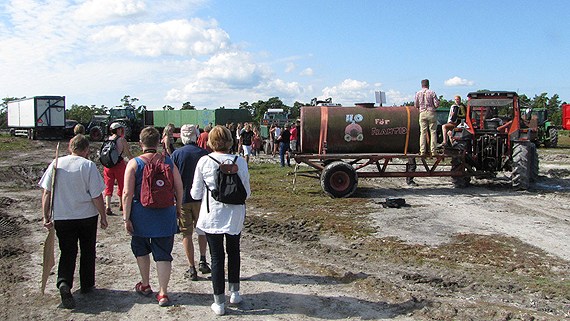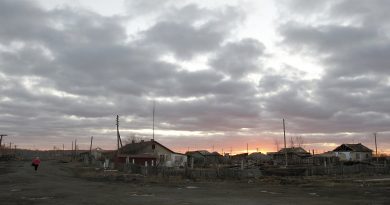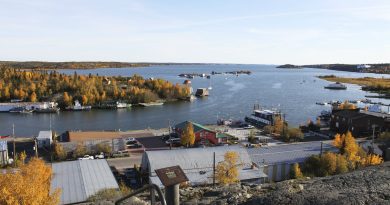Gotland, Sweden divided over limestone quarry

In northern Gotland, Sweden the county administration board decided to suspend plans for a new limestone quarry in the unique and environmentally important Ojnare forest in order for a new environmental assessment, which will commence this March.
The people of Gotland are divided regarding the proposed limestone quarry that Finnish mining company Nordfalk wants to build. On the one hand are those that see the importance of the jobs and tax revenue the quarry may bring and on the other are those that worry about the quarry’s impact on the unique environment of the area of the Ojnare forest.
Tony Johansson, a limestone miner, union leader and local Social Democrat politician, is a defender of the quarry.
“For all of Gotland, and in particular for northern Gotland, this decision is a complete catastrophe. We generate so many jobs, which in turn create more jobs in the region and raises money that goes to wellfare funding,” he told Daniel Värjö from Swedish Radio News.
Nordfalk claims that the amount of limestone available in the Ojnare forest area is worth around 17 billion kronor and that if they are unable to proceed with the new quarry, 120 people may lose their jobs.
However, according to Daniel Heilborn, from the Green Party and one of the leaders of the opposition to the quarry, the risks to the environment and public health are too great. There is serious worry that the mining will pollute the groundwater system in the area. Also, the Swedish Environmental Protection Agency has stated that it is planning on making the area a national park. The Ojnare forest is already listed as one of the areas in the EU’s Natura 2000 program, which protects valuable and threatened species and habitats. It’s not clear if building the quarry would violate EU law.
“It’s not just about water but also about biological diversity. It’s an untouched area and we don’t have too many of those left,” he told Daniel Värjö from Swedish Radio News.



